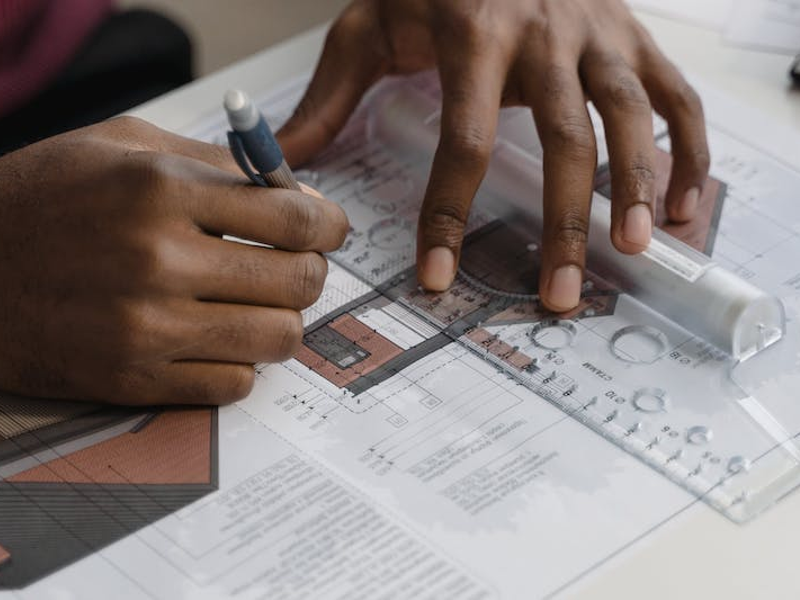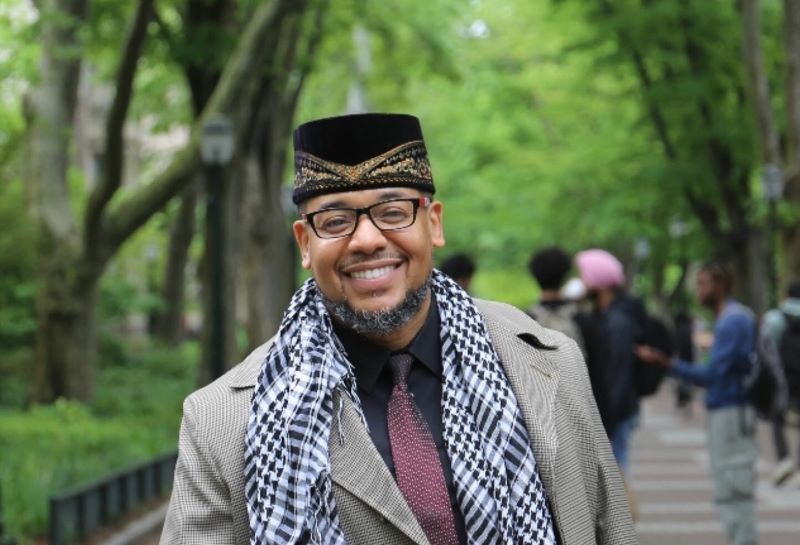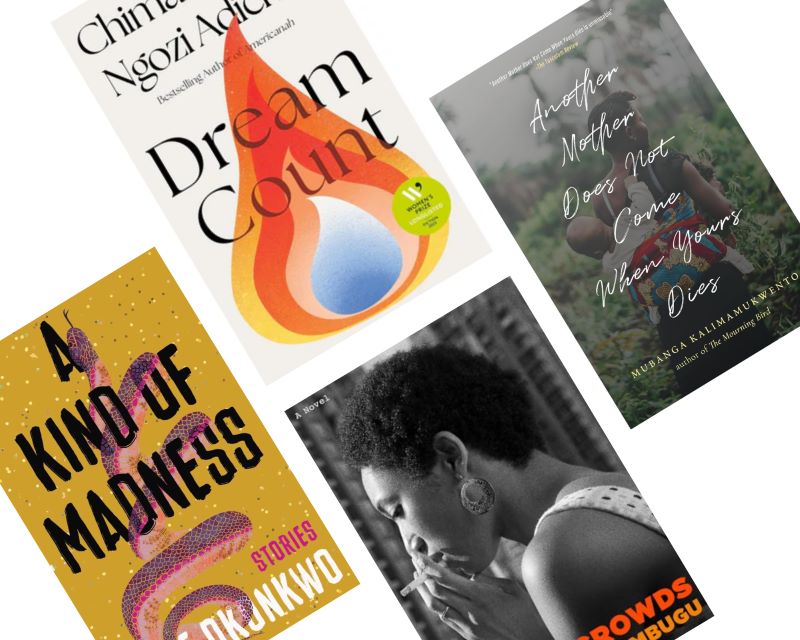Photo by RDNE Stock project
The American prison system has long been associated with high recidivism rates and limited rehabilitation opportunities. However, while serving their sentences, many incarcerated African Americans defy these stereotypes by pursuing advanced degrees, including Ph.D. and college degrees. This transformative trend challenges societal perceptions of incarcerated individuals and highlights the power of education in breaking the cycle of incarceration. This article will delve into the inspiring stories of African Americans who have achieved academic excellence behind bars, shedding light on their struggles, triumphs, and the transformative impact of higher education within the prison system.
Education as a Pathway to Rehabilitation:
Historically, prisons have been regarded as warehouses for punishment rather than rehabilitation centers. However, an increasing body of research emphasizes the importance of education as a catalyst for personal growth and societal reintegration. For African American inmates, education provides an avenue to break free from cycles of poverty, systemic racism, and limited opportunities that often contribute to high incarceration rates.
Challenges and Opportunities:
Access to higher education for incarcerated individuals has been a contentious issue, with limited resources and funding for such programs. However, several organizations and academic institutions have recognized the transformative potential of education within prisons and have developed initiatives to support the pursuit of degrees by incarcerated African Americans.
The Ripple Effect:
The impact of African Americans earning advanced degrees in prison extends far beyond individual achievements. By becoming educated role models within the correctional system, these individuals inspire fellow inmates to seek personal growth, educational opportunities, and positive change. Moreover, the ripple effect extends to their families and communities, as the transformative power of education often transcends prison walls, offering hope and motivation for generations to come.
Breaking Down Barriers:
While the achievements of incarcerated African Americans in higher education are undoubtedly commendable, significant barriers persist. Limited access to resources, insufficient funding, and societal stigma surrounding criminal records hinder the widespread implementation of educational programs within the prison system. To truly harness the potential of higher education as a means of rehabilitation, policymakers, academic institutions, and the public must have a collective effort to break down these barriers and support the educational aspirations of all incarcerated individuals.

Image: Inmates studying at Bard College. Source: bpi.bard.edu
Organizations –
Bard Prison Initiative: One of the leading organizations that provide educational opportunities for incarcerated people is Bard College at Simon’s Rock. Bard Prison Initiative (BPI) is a college program that offers bachelor’s degrees to incarcerated people at four New York State prisons. BPI has a strong focus on social justice, and many of its graduates go on to work in the criminal justice reform movement.
The Last Mile: The Last Mile is a nonprofit organization that helps incarcerated people develop the skills they need to succeed in the tech industry. The Last Mile has several partnerships with universities, including Stanford University and the University of Pennsylvania, allowing incarcerated people to earn bachelor’s and master’s degrees in computer science.
Restoring Promise Project: The Restoring Promise Project is a nonprofit organization that provides educational opportunities to incarcerated people. The Restoring Promise Project has several partnerships with universities, including Harvard University and Yale University, allowing incarcerated people to earn master’s degrees in public policy.
Beyond the Bars: Beyond the Bars is a nonprofit organization that provides educational opportunities to incarcerated people. Beyond the Bars has several partnerships with universities, including the University of Phoenix and Capella University, that allow incarcerated people to earn bachelor’s degrees in various fields.
The journey toward earning a college degree or a Ph.D. behind bars is a testament to African Americans’ resilience, determination, and unwavering spirit in the face of adversity. Through their pursuit of education, these individuals are rewriting their narratives, breaking free from societal expectations, and proving that incarceration does not define their potential. As we continue to advocate for a more equitable criminal justice system, their stories remind us that education can be a powerful catalyst for personal growth, social change, and realizing one’s dreams.

Anand Subramanian is a freelance photographer and content writer based out of Tamil Nadu, India. Having a background in Engineering always made him curious about life on the other side of the spectrum. He leapt forward towards the Photography life and never looked back. Specializing in Documentary and Portrait photography gave him an up-close and personal view into the complexities of human beings and those experiences helped him branch out from visual to words. Today he is mentoring passionate photographers and writing about the different dimensions of the art world.





